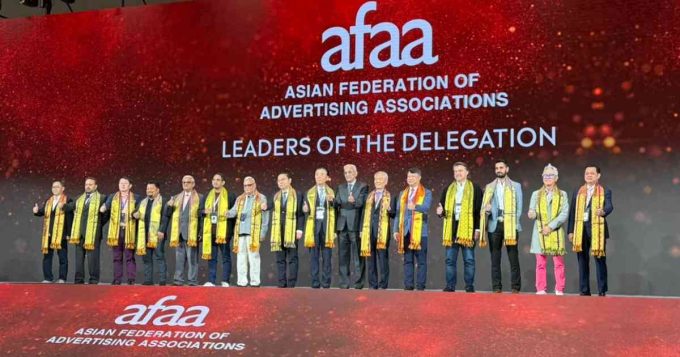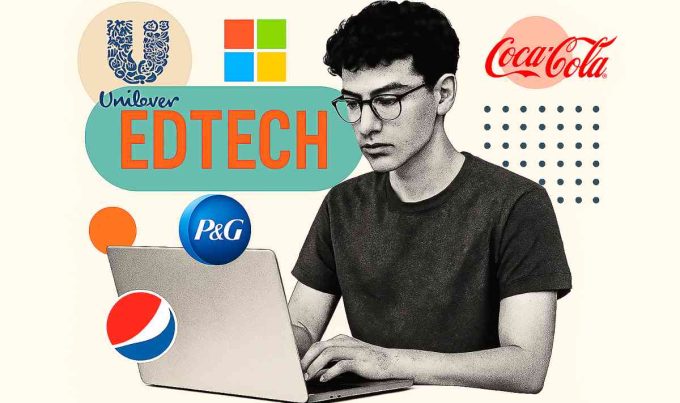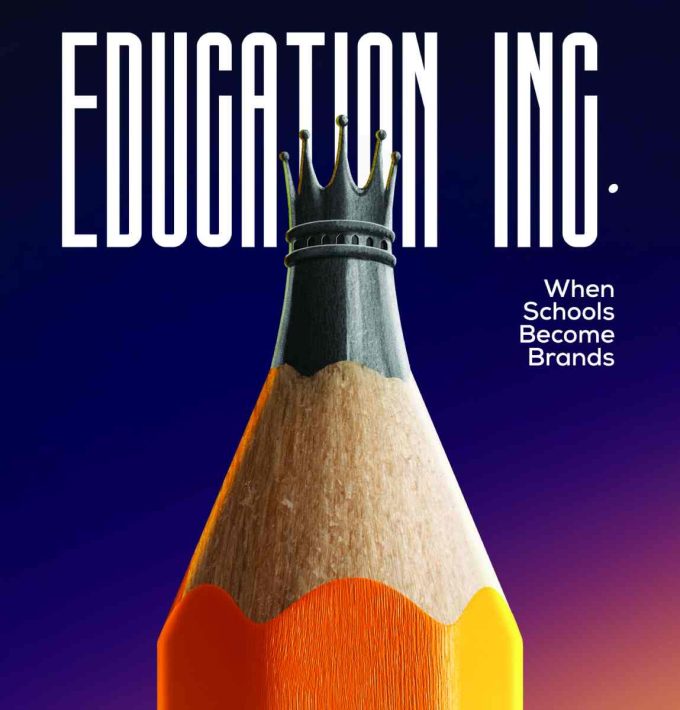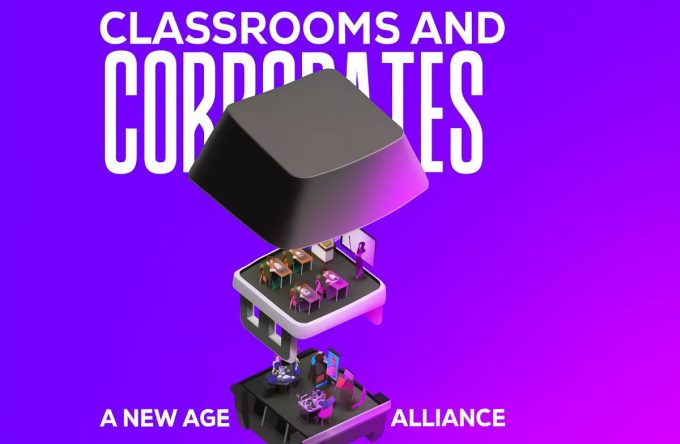Freedom and Creativity or Ethics and Responsibility?
Uncovering the dark side of Pakistan’s digital landscape, where freedom and creativity collide with ethics and responsibility.
In 2011, when I began my fashion blog on WordPress, the digital content landscape in Pakistan was nascent. Fashion blogging was a novelty, with only a handful of creators venturing into the uncharted world of online critique and commentary.
Today, the shift to platforms like Instagram and TikTok has democratised content creation, allowing anyone with a smartphone and internet connection to become a creator. While this freedom has opened doors for creativity and expression, it has also unveiled a darker side: a realm of unregulated, unchecked, and sometimes unethical practices.
The digital space thrives on freedom, but like any liberty, it must come with responsibility. The unchecked nature of content creation has led to ethical dilemmas and societal consequences that demand attention.
As a content creator navigating this space for over a decade, I’ve encountered numerous troubling trends that blur the lines between freedom and folly.
Family Blogging and Consent
The rise of family and parenting blogs has brought another ethical conundrum: the involvement of young children in content creation. Featuring children’s lives without their consent raises profound moral questions.
While the parents might intend to share joyful moments, they inadvertently expose their children to privacy breaches and potential harm. Respecting personal boundaries and understanding the long-term consequences of public sharing are crucial aspects of responsible content creation.
In countries like the UAE, strict child protection laws, such as the Wadeema Law, apply to online content featuring minors. In Pakistan, however, such specific regulations are noticeably absent, leaving children more vulnerable to potential misuse of their digital footprint.
Murky Waters: Paid Partnerships and Transparency
A glaring issue in today’s content world is the lack of transparency around paid promotions. Many creators fail to disclose whether a product review or endorsement is sponsored, gifted, or personally purchased. This erodes trust and misleads audiences into believing in the authenticity of a creator’s opinion.
Transparency isn’t just a professional obligation; it’s a moral one too. India’s Consumer Protection Act (CPA) 2019 requires influencers to disclose paid collaborations prominently. Similarly, the UAE’s National Media Council mandates that influencers obtain licenses and adhere to disclosure regulations.
Unfortunately, Pakistan has yet to implement similar stringent measures to regulate influencer marketing, allowing ambiguity to persist in promotional content.
Anonymity and Accountability
Anonymity on social media has been weaponised to spread salacious rumours and perpetuate toxicity. Anonymous accounts thrive on unverified claims, and avoiding accountability while contributing to a culture of mistrust and harm.
Internationally, platforms are beginning to address the issue. However, in Pakistan, the lack of robust laws targeting anonymous harassment or gossip pages amplifies the problem. While cases like the infamous “Pakistani Phuppo” being penalised by the FIA offer some hope, the overall lack of regulations continues to create an environment where anonymity is exploited
Filters, Manipulation, and False Advertising
The use of filters and photo editing tools to exaggerate the effects of beauty or lifestyle products is as old as advertising itself. However, these practices have become more sophisticated, often misleading audiences and perpetuating unattainable beauty standards.
In the UK, the Advertising Standards Authority (ASA) bans misleading influencer ads and enforces the use of disclaimers for filtered content. Creators have been fined for failing to comply.
Pakistan, on the other hand, lacks specific regulations to govern influencer marketing and visual manipulation, making it harder to combat these unethical practices. Authenticity in content should extend to how products are represented, ensuring creators do not exploit their influence for misleading promotions.
The Misinformation Machine and the Rise of Deepfakes
The rush to post first and appear “in the know” often leads to the spread of unverified information, fuelling misinformation. In politically polarised Pakistan, such actions continue to have severe repercussions.
For instance, an incident at a Punjab college last year escalated into a province-wide law and order crisis due to unchecked claims being widely reposted. Celebrity gossip disguised as news further illustrates how sensationalism overshadows authenticity.
The rise of AI has compounded these issues, introducing tools like deepfakes that create convincing but fabricated content. In Pakistan’s polarised environment, these tools have been weaponised to manipulate public opinion.
A recent AI-generated video involving Punjab Chief Minister Maryam Nawaz and UAE President Sheikh Mohammed bin Zayed caused significant controversy, highlighting the misuse of AI. Female celebrities and common folks haven’t been spared either
While many creators often label themselves “citizen journalists,” journalism demands ethics, fact-checking, and balanced reporting—responsibilities many ignore in the rush for views, resulting in sensationalism.
Though laws like PECA address cybercrimes, enforcement against misinformation remains inconsistent. Countries like India and the UAE have clearer regulations, such as the IT Rules 2021 and Cybercrime Law, leaving Pakistan struggling to govern the spread of such harmful content. The onus, therefore, falls on creators to self-regulate and act responsibly.
Belling the Cat: The Role (and Rule) of Law
Speaking of regulations, Pakistan’s legal framework for online content includes the Prevention of Electronic Crimes Act (PECA) of 2016 and the Removal and Blocking of Unlawful Online Content Rules of 2021.
These laws aim to regulate cybercrimes and protect users from online harm. However, their enforcement often sparks debates about freedom versus censorship. Each successive government uses it to stifle dissent and opposition.
It’s essential to remember that Article 19 of Pakistan’s Constitution guarantees freedom of expression but with “reasonable restrictions”.
Unfortunately, these restrictions are often subject to interpretation by powerful quarters, making the framework unevenly applied. Leaving content creators to be mindful enough to not get “played” by the system.
“Jo Dikhta Hai Woh Bikta Hai” – The “Views” Argument
While I understand that many creators argue that their high view counts and engagement validate their content. It might not be as black and white. Pakistan has its share of rags-to-riches stories, with individuals like Ducky bhai and Rajab Butt illustrating the power or folly of the digital space.
And yes, their popularity might indicate interest to some degree, but it doesn’t equate to ethical correctness. Content that garners views by exploiting sensationalism, misinformation, or unethical practices undermines the integrity of the digital space. I believe we can all do better both as consumers and creators of content.
Where Do We Go from Here?
The digital content landscape in Pakistan is unique, with its accessibility allowing anyone to become a creator. This inclusivity is both its strength and an Achilles’ heel. To maintain a balance between creative freedom and ethical responsibility, the following steps are essential:
Promote Transparency
Mandatory disclosure of sponsored content is the only way forward and it will help build trust. #ad or #sponsored is not a lot to ask.
Educate Creators
Workshops and guidelines on ethical content creation should be widely available. Meta, Google and Tiktok need to step up
Strengthen Accountability
Platforms must hold creators accountable for spreading misinformation or engaging in harmful practices. Brands need to do a digital footprint check before engaging with content creators.
Respect Boundaries
Content featuring others, especially children, hospitals, or holy places, must prioritise consent and privacy. Just because you can, doesn’t mean you should.
Leverage Laws Effectively
The existing legal framework, although seen by many to stifle dissent, should be enforced consistently to protect people. The only other way is to self-regulate and self-censor. But we all know that does not work too well in Pakistan. Freedom in content creation is a powerful tool, but as Voltaire said, “with great power comes great responsibility.” As a millennial content creator, I feel we must navigate the fine line between liberty and accountability ourselves, ensuring that our work contributes positively to society in some way or the other. The digital space is a shared resource; let’s treat it with the respect it deserves. Before it gets taken away. Remember the YouTube ban?










